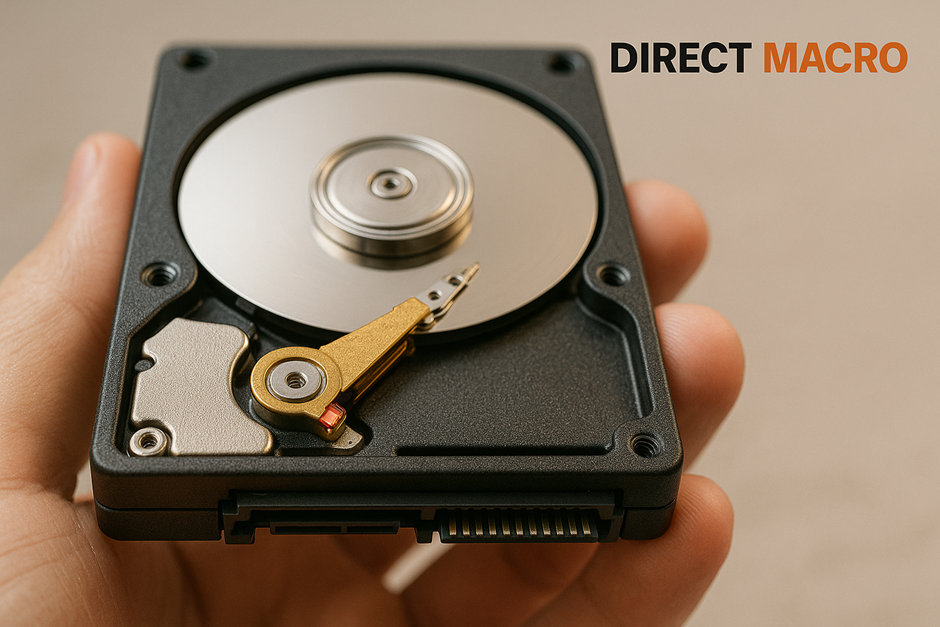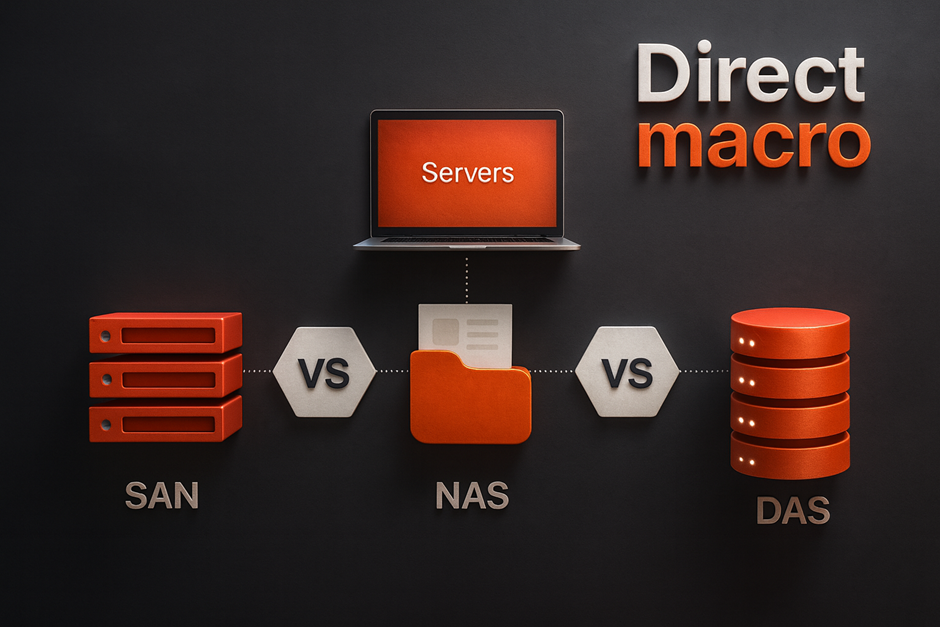Network Attached Storage Buying Guide 2025- A Comprehensive Look
Network Attached Storage (NAS) is a type of data storage device that connects to a network and allows multiple users to access and store files. With the increasing amount of data that we create and consume, NAS systems have become an essential part of many businesses and homes. In this article, we will take a look at the different types of NAS systems available in 2025 and what to consider when buying one.
First, it’s important to understand the different types of NAS systems. The most basic type is a single-drive NAS, which is essentially a single hard drive connected to a network. These systems are typically the most affordable and are suitable for small businesses and home users. Multi-drive NAS systems, on the other hand, can have multiple hard drives and offer more storage capacity and improved data redundancy.
Another important factor to consider when buying a NAS system is the number of bays. A bay is a compartment in the NAS that houses a hard drive. Single-drive NAS systems typically have one bay, while multi-drive systems can have two or more. The number of bays will determine how many hard drives you can install in the NAS.
One of the most important features to consider when buying a NAS system is data redundancy. This is the ability of the NAS system to protect your data in case of a hard drive failure. A RAID (redundant array of independent disks) configuration is a common way to achieve data redundancy. There are different types of RAID configurations such as RAID 0, RAID 1, RAID 5, RAID 6, and RAID 10, each with its own advantages and disadvantages. It’s important to choose the right RAID configuration that meets your needs and budget.
When it comes to data protection, it’s important to consider the features that come with the device such as backup, encryption, and disaster recovery. A good NAS system should have a built-in backup feature, which allows you to schedule regular backups and restore data if something goes wrong. Encryption is also an important feature, which ensures that your data is protected from unauthorized access. Additionally, a disaster recovery feature is also important, which allows you to recover your data in case of a system failure.
When it comes to connectivity options, it’s important to consider the type of connection that you prefer. Most NAS systems support Ethernet, which is a wired connection, and WiFi, which is a wireless connection. Some NAS systems also support USB, which allows you to connect external storage devices. The more connectivity options a NAS has, the more versatile it will be.
When it comes to software, it’s important to consider the user interface and the features that come with the NAS system. A good user interface is easy to navigate and understand, and it should also be easy to set up and manage the device. Some NAS systems also come with additional features such as media streaming, VPN, and cloud integration.
When it comes to size and design, it’s important to consider the space you have available and the design that will fit in with your home or office. NAS systems can vary in size, and it’s important to choose one that will fit in your home or office. Additionally, the design of the NAS should be sleek and modern, which will make it look good in any environment.
Another important aspect to consider is the cost of ownership, including the cost of electricity, the cost of replacement hard drives, and the cost of the software license. It’s important to take into account all these costs and compare them to the cost of other storage solutions to make an informed decision.
Conclusion
In conclusion, buying a NAS system is a great way to share and backup files in your home or office. However, it’s important to consider the number of hard drives, RAID configuration, data protection features, connectivity options, software, size and design, and cost of ownership when making your decision. By taking all of these factors into account, you can ensure that you end up with a NAS system that meets your needs and provides you with the best possible performance. Additionally, it’s always a good idea to read reviews and do research before making a purchase to ensure that you are getting a high-quality product. With the right NAS system, you can enjoy the convenience of easy file sharing and data protection, making your home or office more efficient and productive.
Do you need advice on buying or selling hardware? Fill out the form and we will return.

Sales & Support
(855) 483-7810
We respond within 48 hours on all weekdays
Opening hours
Monday to thursday: 08.30-16.30
Friday: 08.30-15.30








